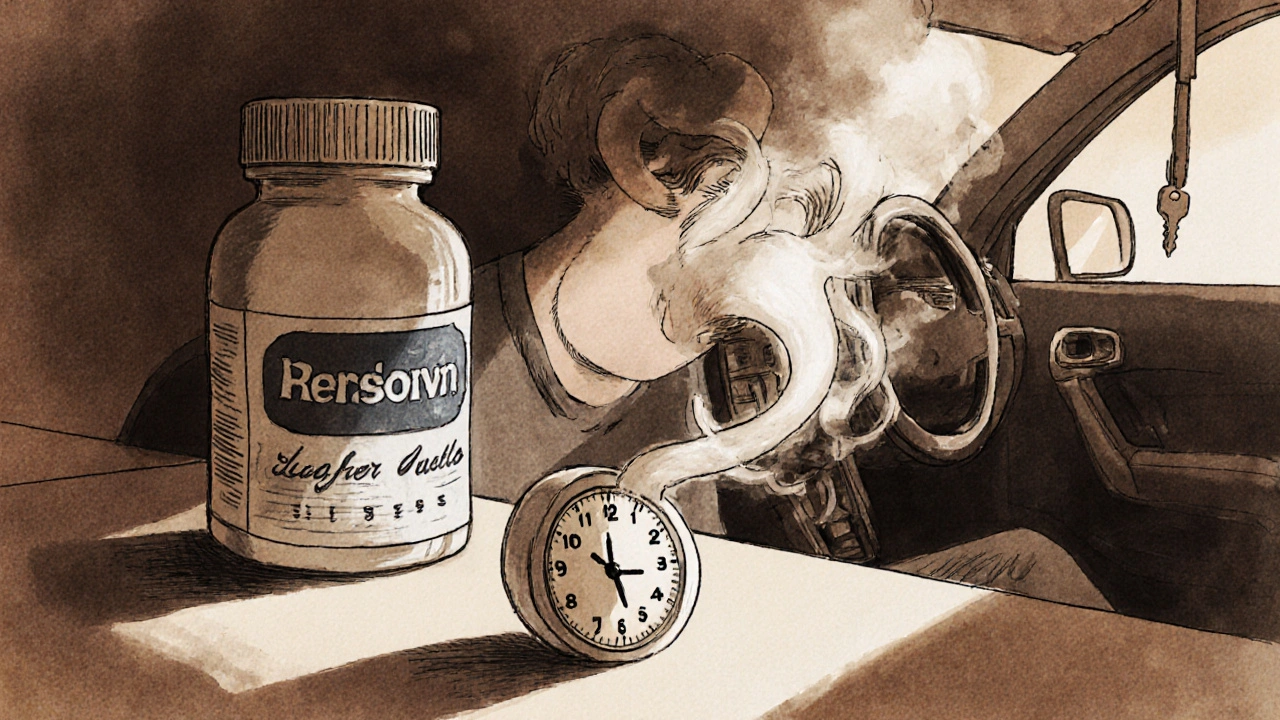Diphenhydramine Side Effects: What You Need to Know
When you take diphenhydramine, a first-generation antihistamine used for allergies, colds, and sleep. Also known as Benadryl, it works by blocking histamine in your brain and body—but that same action is why it causes so many side effects. It’s everywhere: sleep aids, cold medicines, even some skin creams. But just because it’s easy to get doesn’t mean it’s harmless.
The most common side effect? Drowsiness. It’s not a bug—it’s the feature. That’s why people use it to fall asleep. But if you’re driving, working, or operating machinery, that sleepiness can turn dangerous. Older adults are especially at risk: diphenhydramine can cause confusion, memory problems, or even falls. Studies show it’s linked to higher dementia risk in seniors who take it long-term. And it doesn’t just make you tired—it dries you out. Dry mouth, dry eyes, trouble peeing. If you’re already dealing with glaucoma, an enlarged prostate, or constipation, this drug can make things worse.
Then there’s the weird stuff: blurred vision, upset stomach, dizziness, or a racing heart. Some people feel unusually excited or anxious instead of sleepy—especially kids. And if you mix it with alcohol, opioids, or certain antidepressants, the sedation can become life-threatening. It’s not just about one pill. It’s about stacking it with other meds you didn’t realize also make you drowsy.
People often reach for diphenhydramine because it’s cheap and doesn’t need a prescription. But there are better, safer options now—like loratadine or cetirizine—for allergies. And if you’re using it for sleep, there are non-drug strategies that work better over time. The truth? Diphenhydramine is a blunt tool. It helps in the short term, but it’s not meant for daily, long-term use.
Below, you’ll find real stories and practical guides from people who’ve dealt with these side effects firsthand. Some learned the hard way. Others found safer alternatives. Whether you’re taking it now or just thinking about it, these posts will help you understand what’s really happening in your body—and what to do next.
First-Generation Antihistamines: Why Severe Drowsiness and Anticholinergic Effects Matter
- Laura Ledas
- Oct, 30 2025
First-generation antihistamines like Benadryl cause severe drowsiness and anticholinergic side effects that can impair cognition, increase dementia risk, and affect daily safety. Learn why they’re risky - and what safer alternatives exist.
Learn More